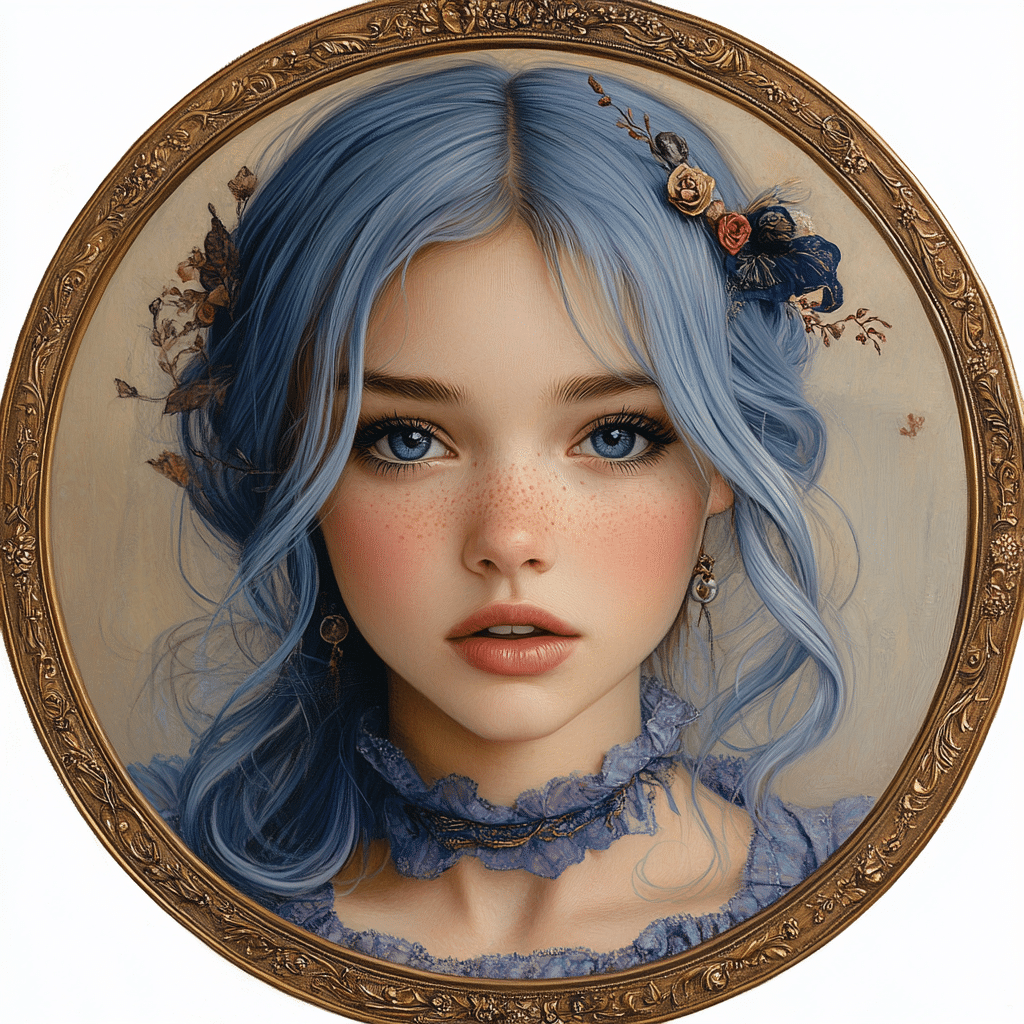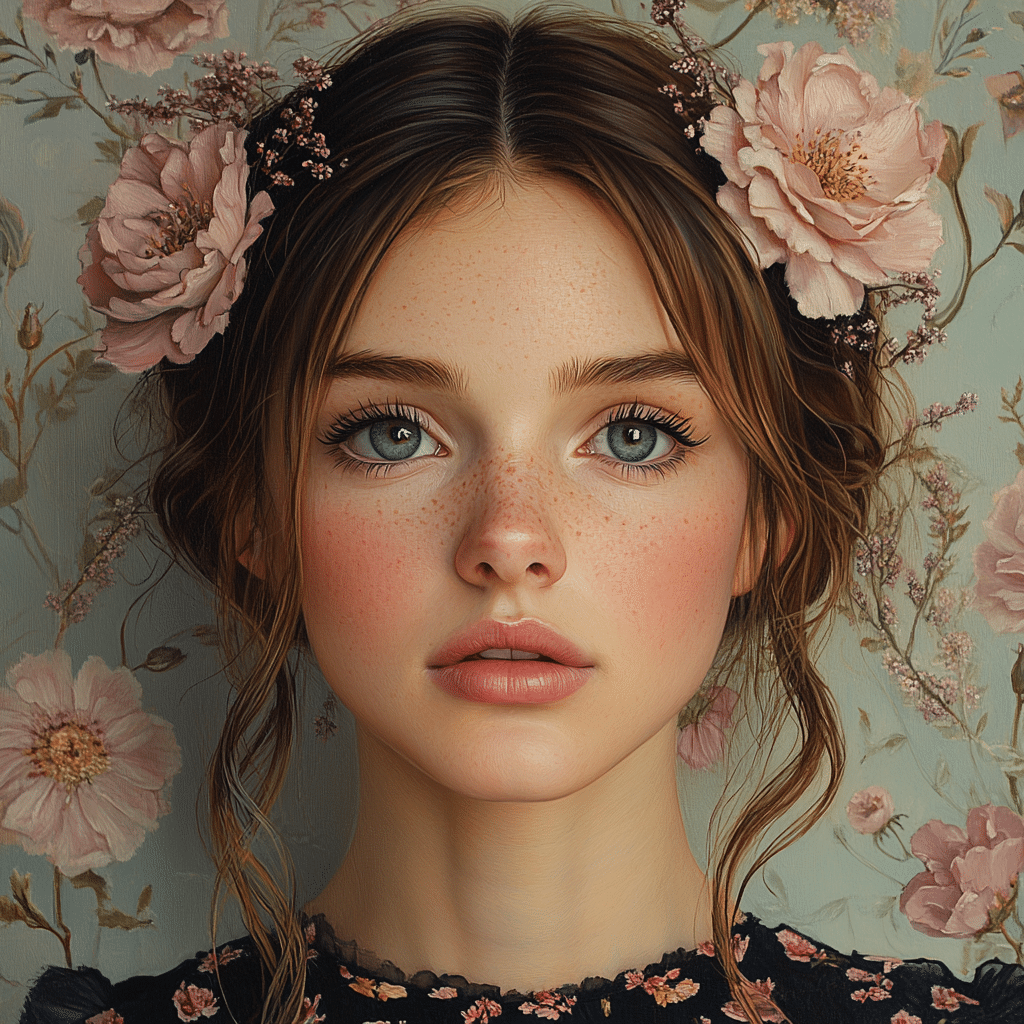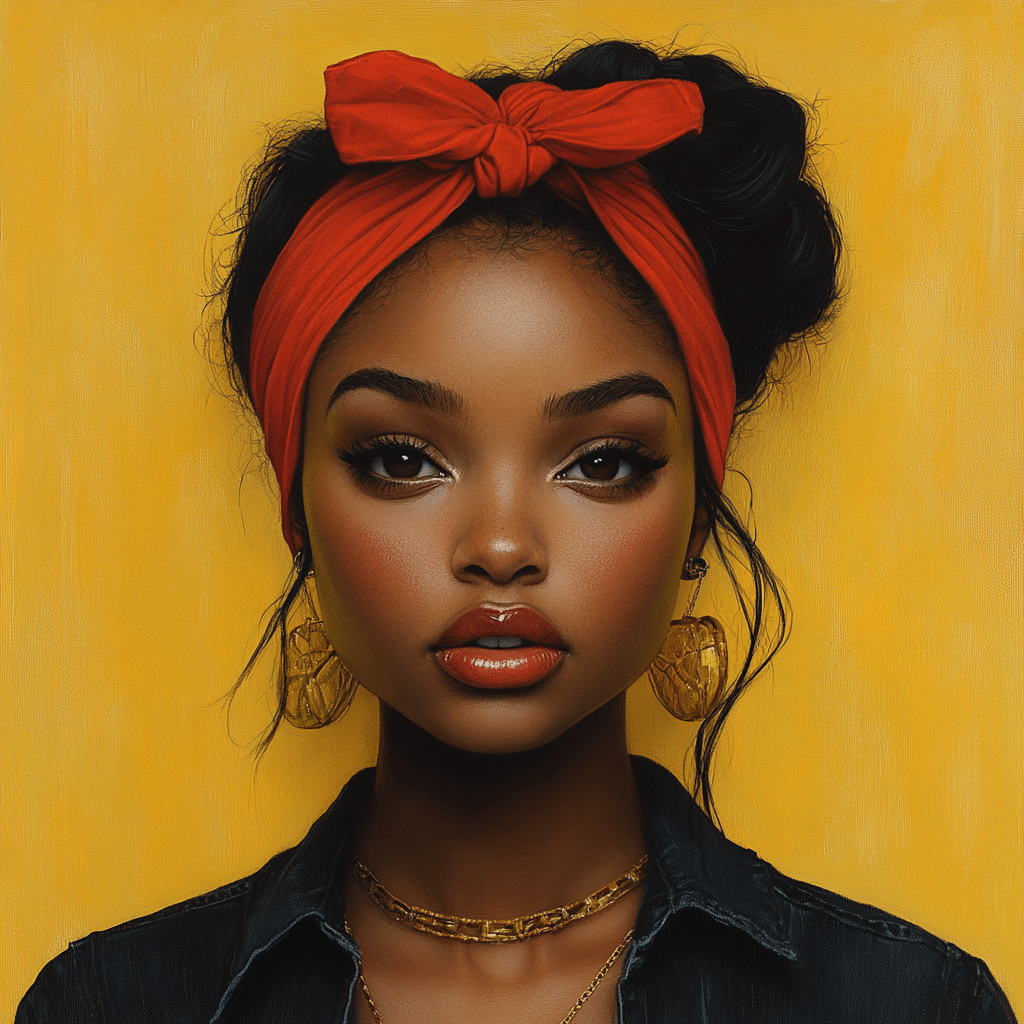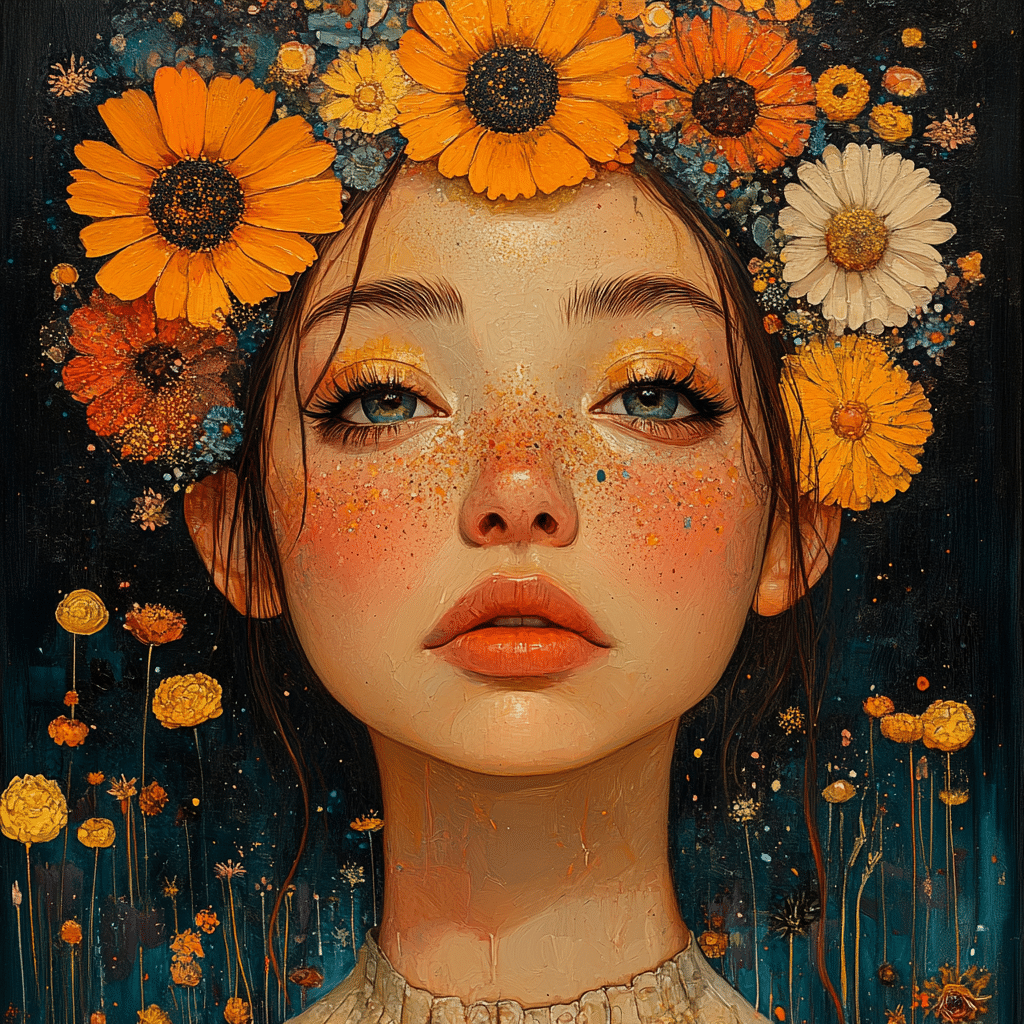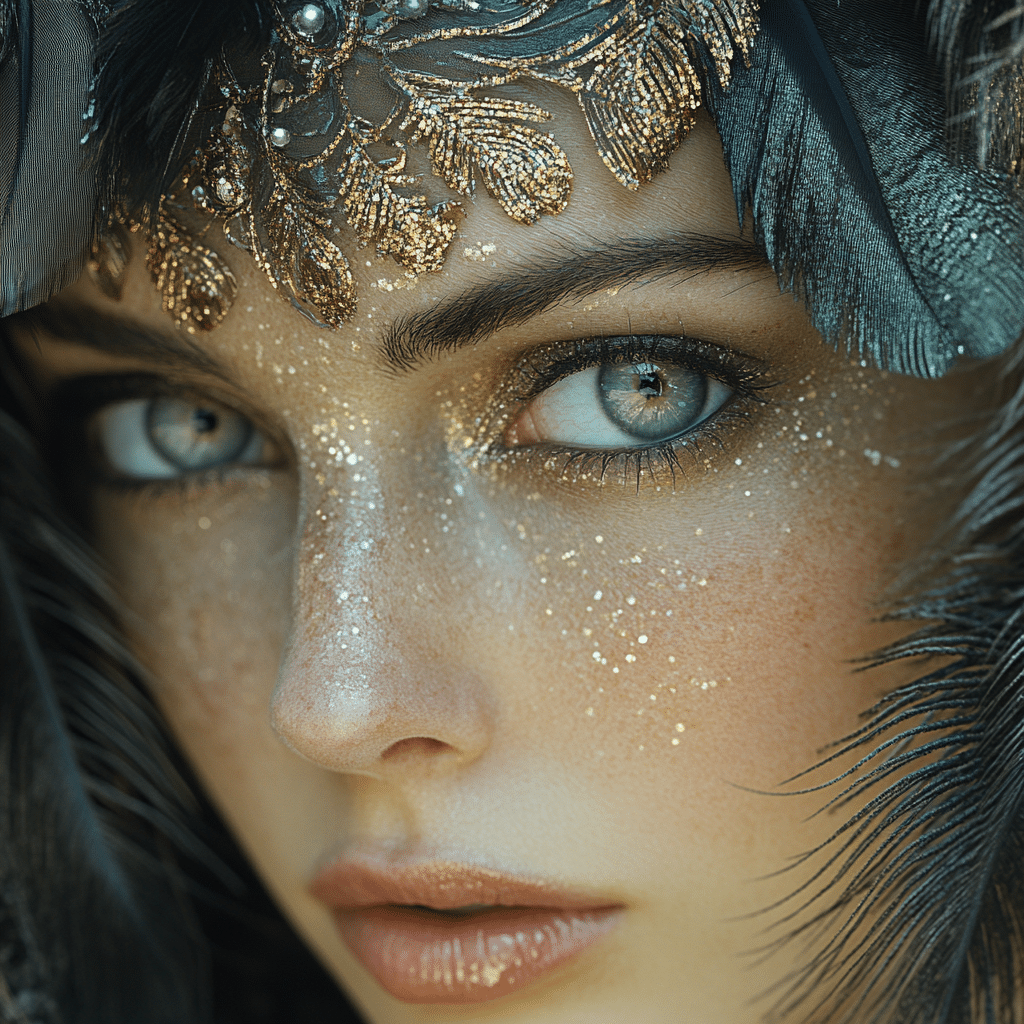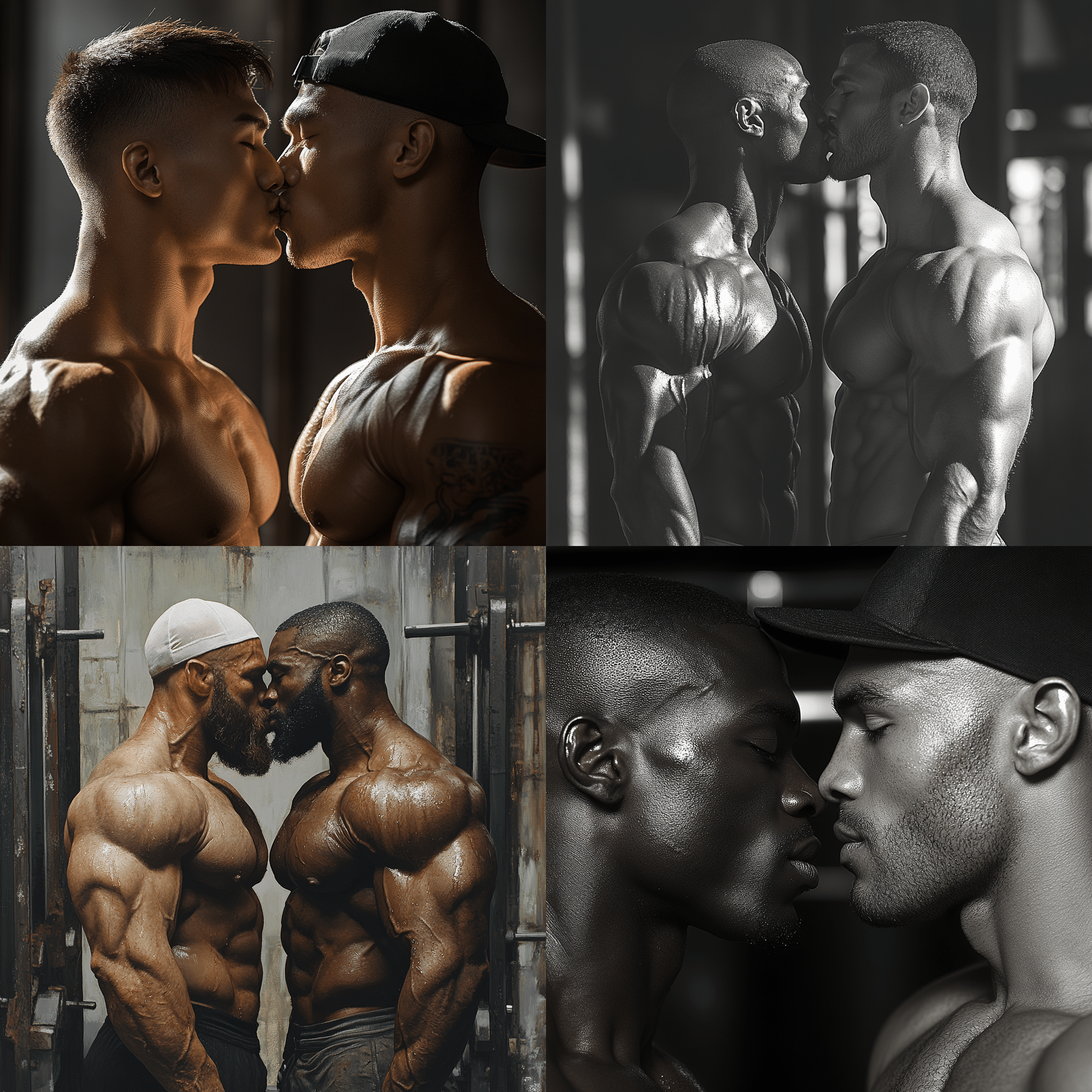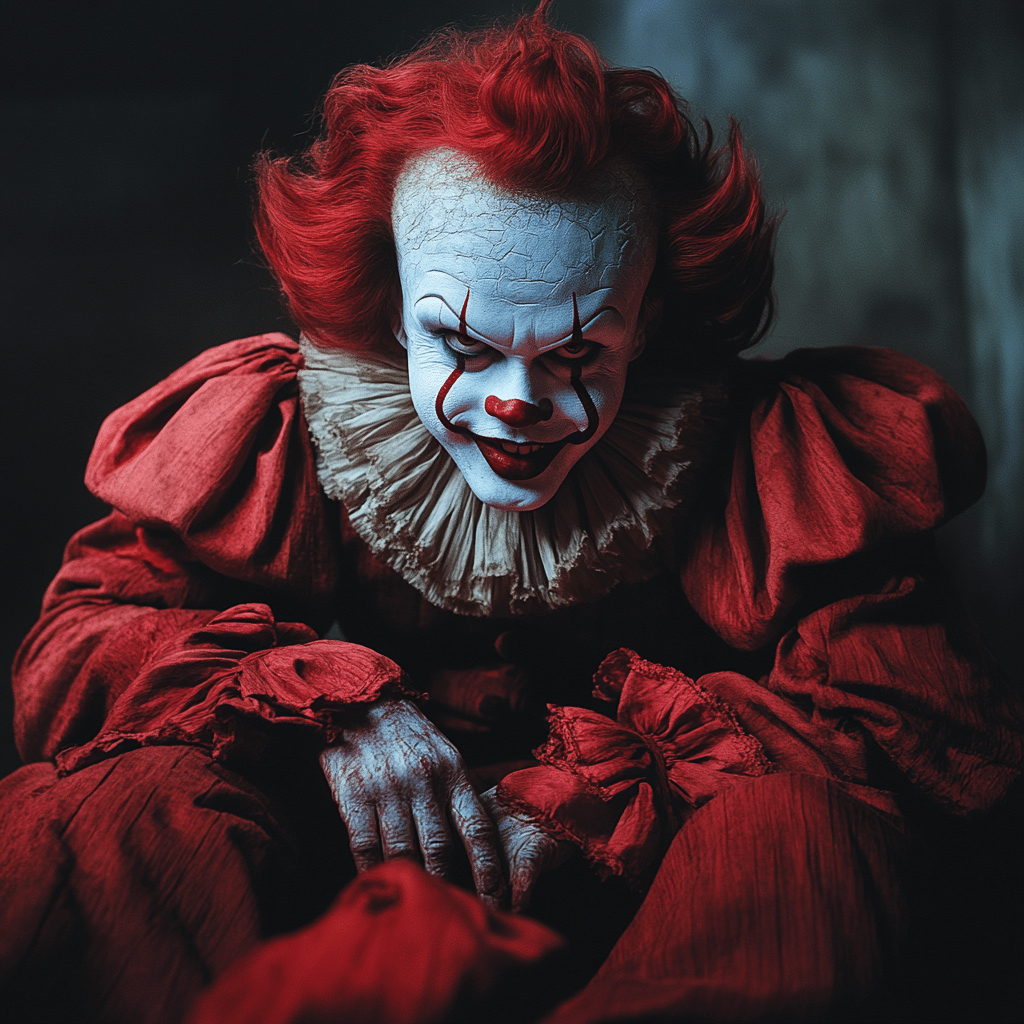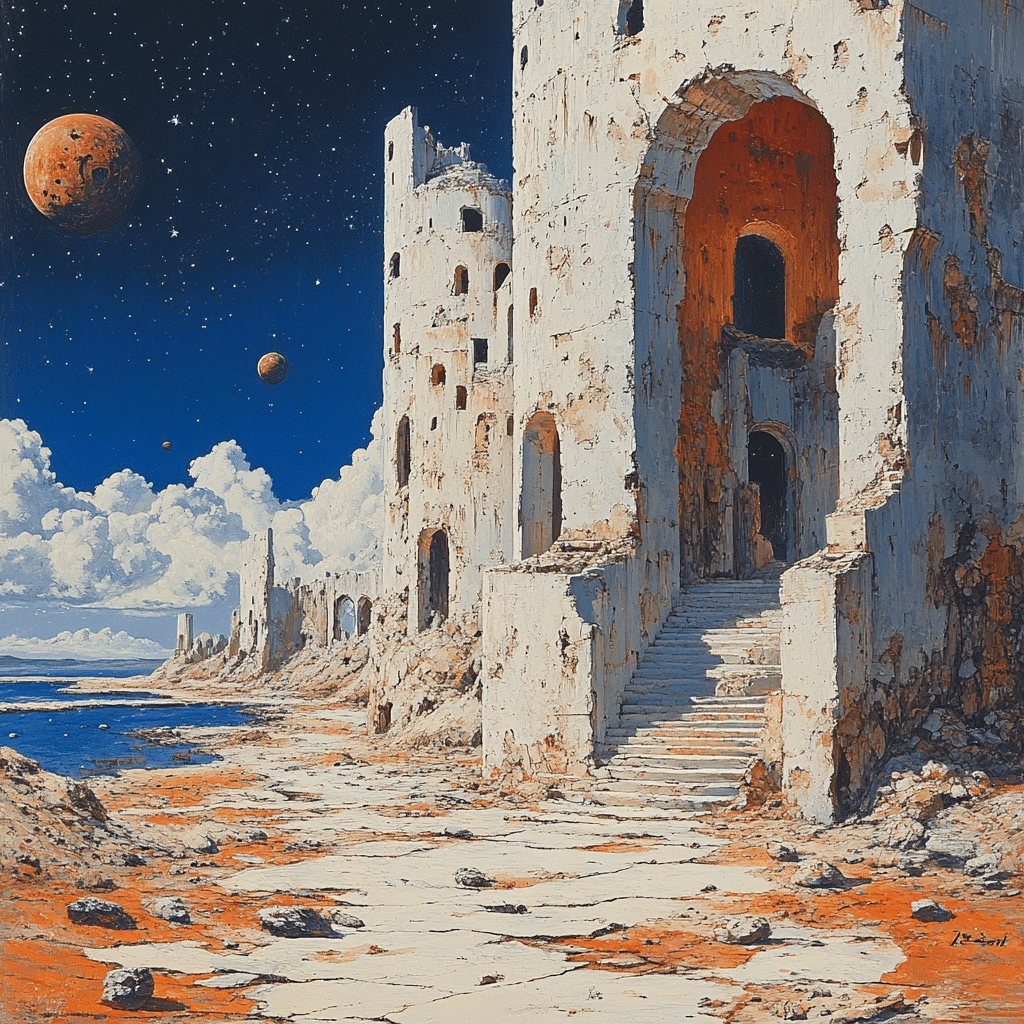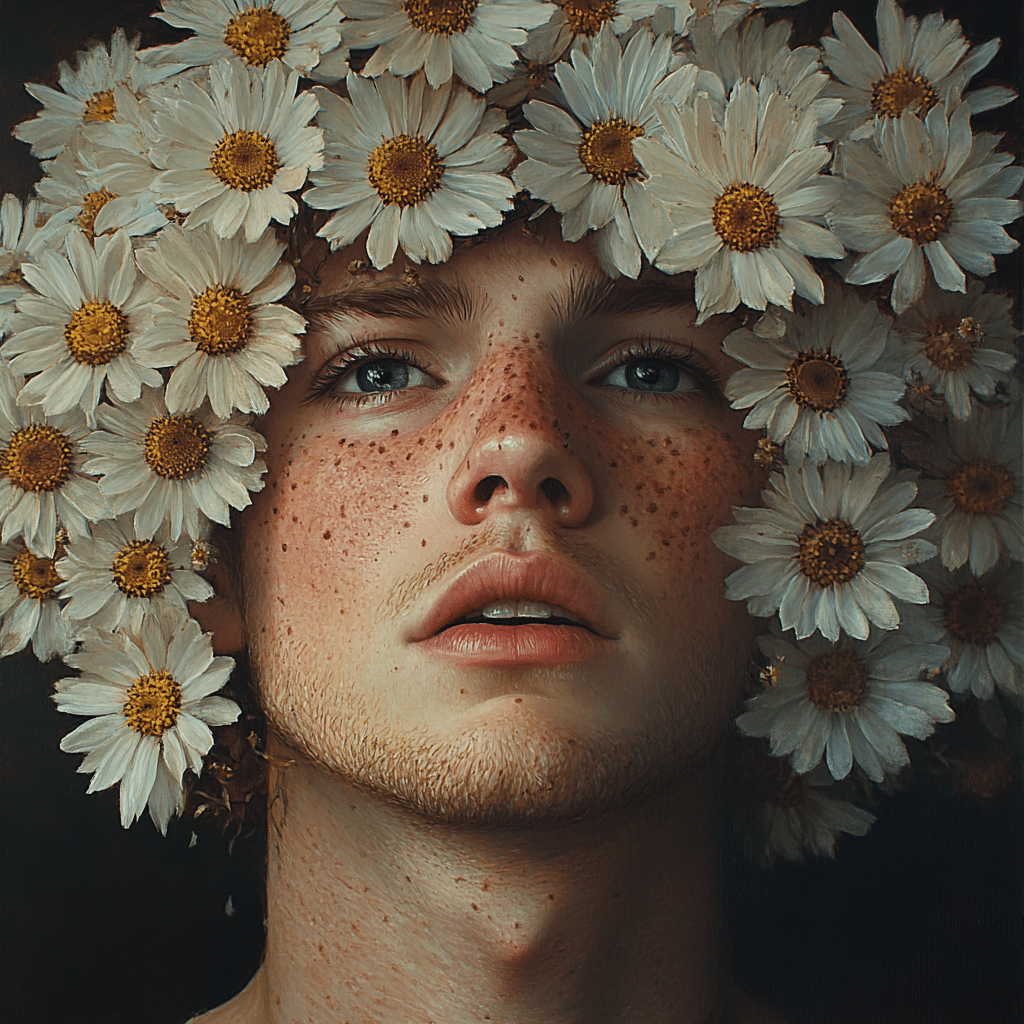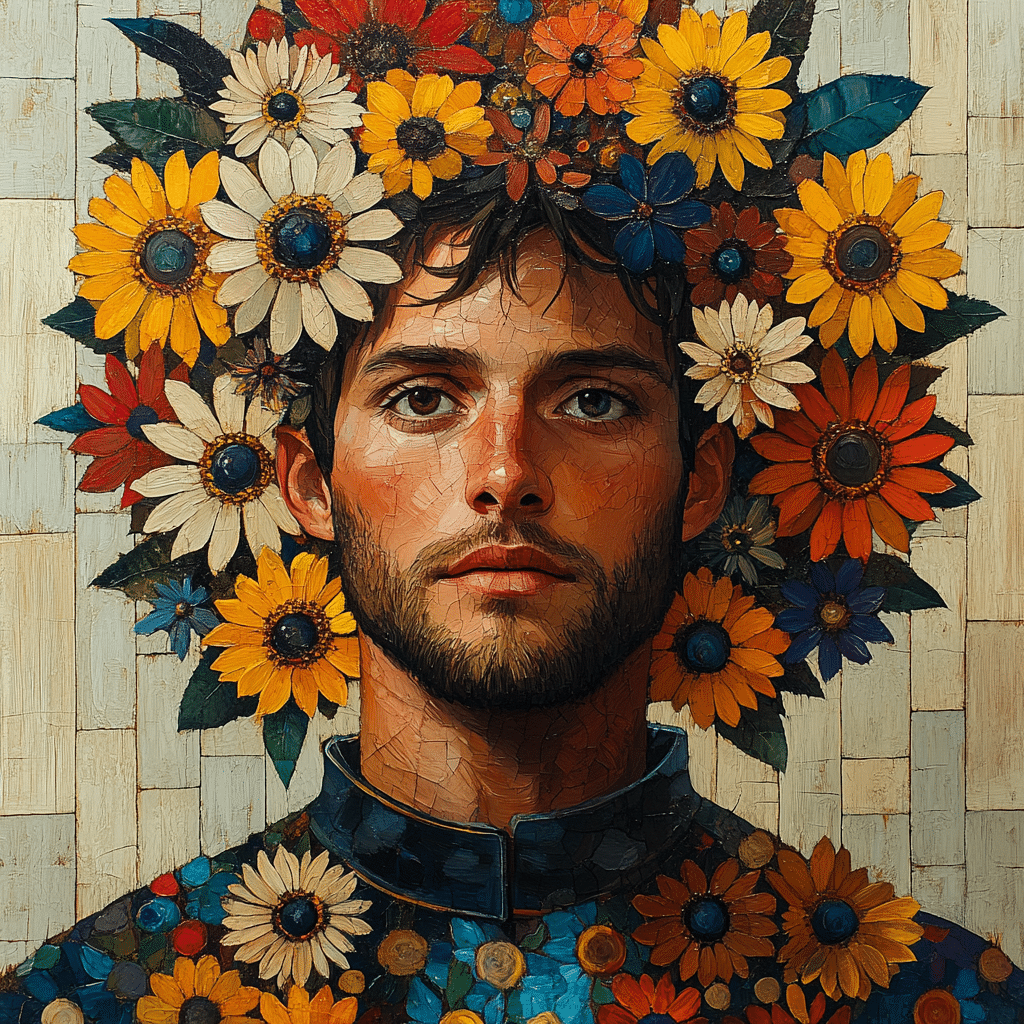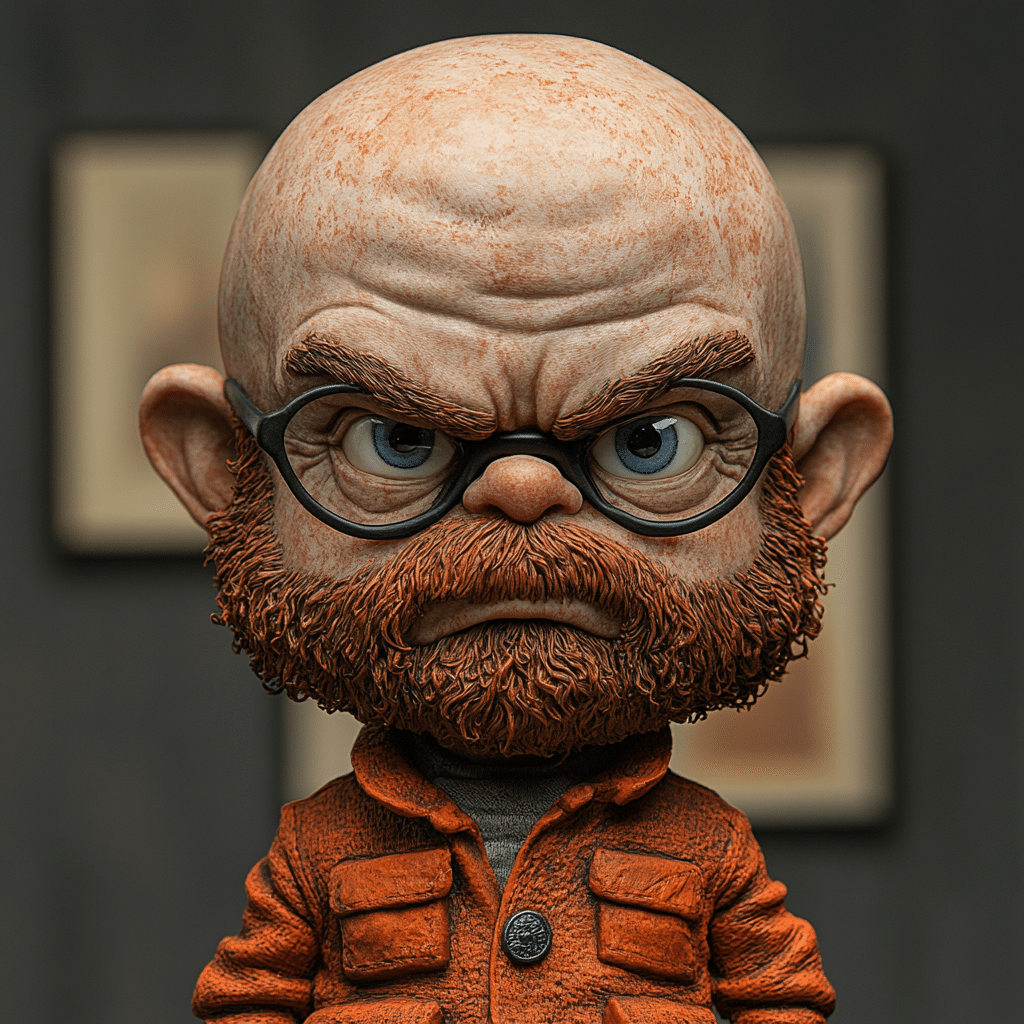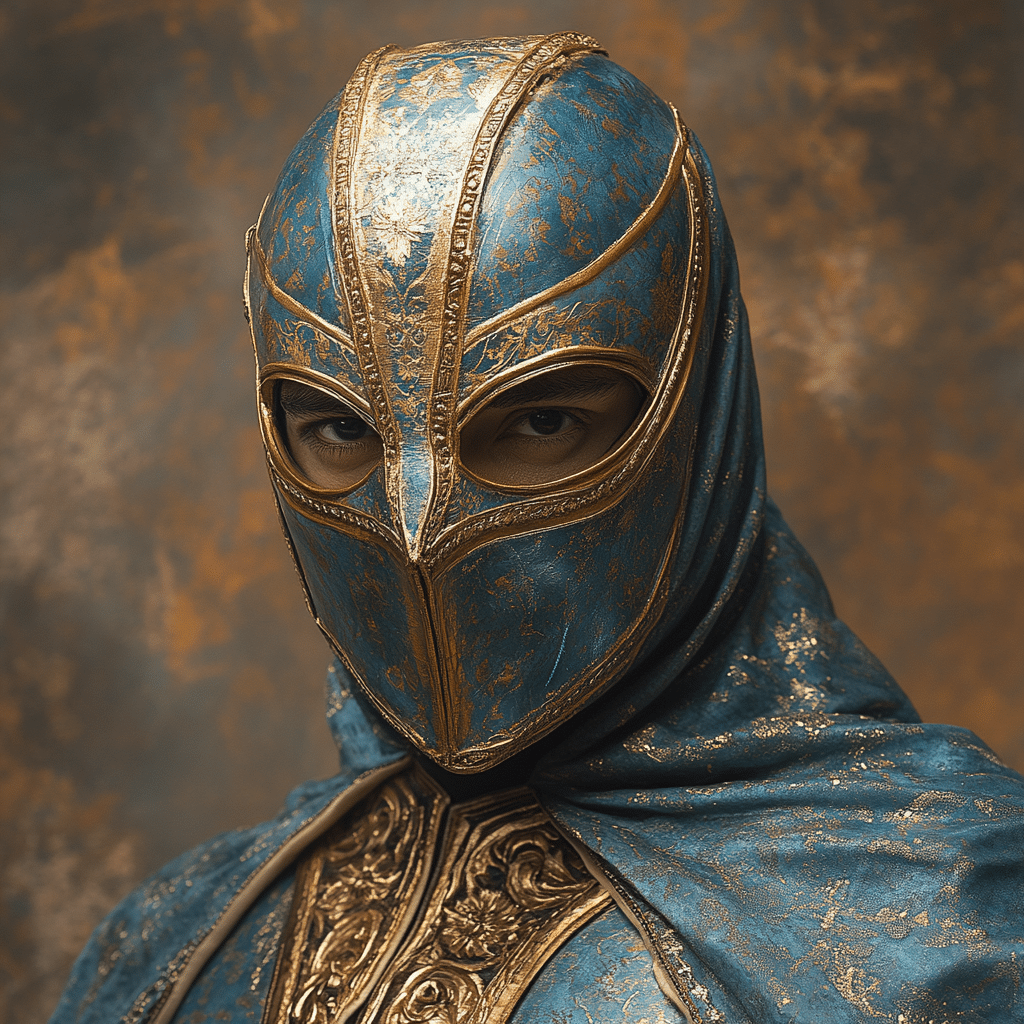Loki Season 2 Finale Explained: Key Insights and Themes
The highly anticipated Loki Season 2 finale has ignited intense conversations among fans and critics alike, and boy, is there a lot to unpack! From mind-bending twists to character evolutions we’re still trying to wrap our heads around, the finale leaves viewers hanging on every word. So, if you’re sitting there thinking about what just went down, don’t fret—we’re diving deep into the intricacies of this groundbreaking conclusion. Buckle up, because we’re about to explain the finale of Loki Season 2 and what it means for our favorite trickster god as he navigates his new role as the God of Stories!
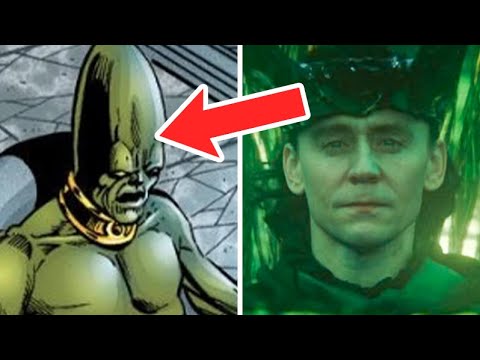
1. The Journey to Becoming the God of Stories
In the Season 2 finale, Loki’s character arc reaches an epic high point. Let’s break down this journey into critical moments that led to his transformation.
A. The Choice Between Power and Purpose
From the get-go, Loki battles with what it truly means to have power and what responsibilities arise alongside it. This isn’t just some superhero conflict; it’s about identity and personal growth. Take, for example, that touching scene in Season 1, Episode 4, where Loki’s affection for Sylvie makes him face his vulnerabilities. You’d think a god would have it all figured out, right? But here’s Loki, humanizing himself and laying the groundwork for the finale. It’s these real decisions that highlight how he evolves beyond mere ambition to lord over timelines.
B. The Confrontation with Variants
Fast forward to the finale, and we see Loki facing off against various versions of himself. Each variant is like a mirror reflecting his best and worst traits. This powerful confrontation signifies a big step toward self-acceptance. It’s like Loki’s having a family reunion but with all the parts of himself he wished he could ignore! As he tackles his past roles as both hero and villain, we witness him finally embrace his flaws. It’s a moment of reckoning that brings the series full circle.
C. The Importance of the Storyteller
What really steals the show in the finale is Loki’s new role as the storyteller. With this power, he doesn’t just sit back and watch the multiverse unfold; he has a say in the timelines’ fate. This thematic choice echoes ancient storytelling traditions that remind us, “Those who tell the tales hold the keys to reality.” In today’s world, you can draw parallels with influential figures like J.K. Rowling or George R.R. Martin, whose narratives shift public perception and stir up emotions. Loki’s handle on storytelling suggests a universe where narrative power outweighs might.
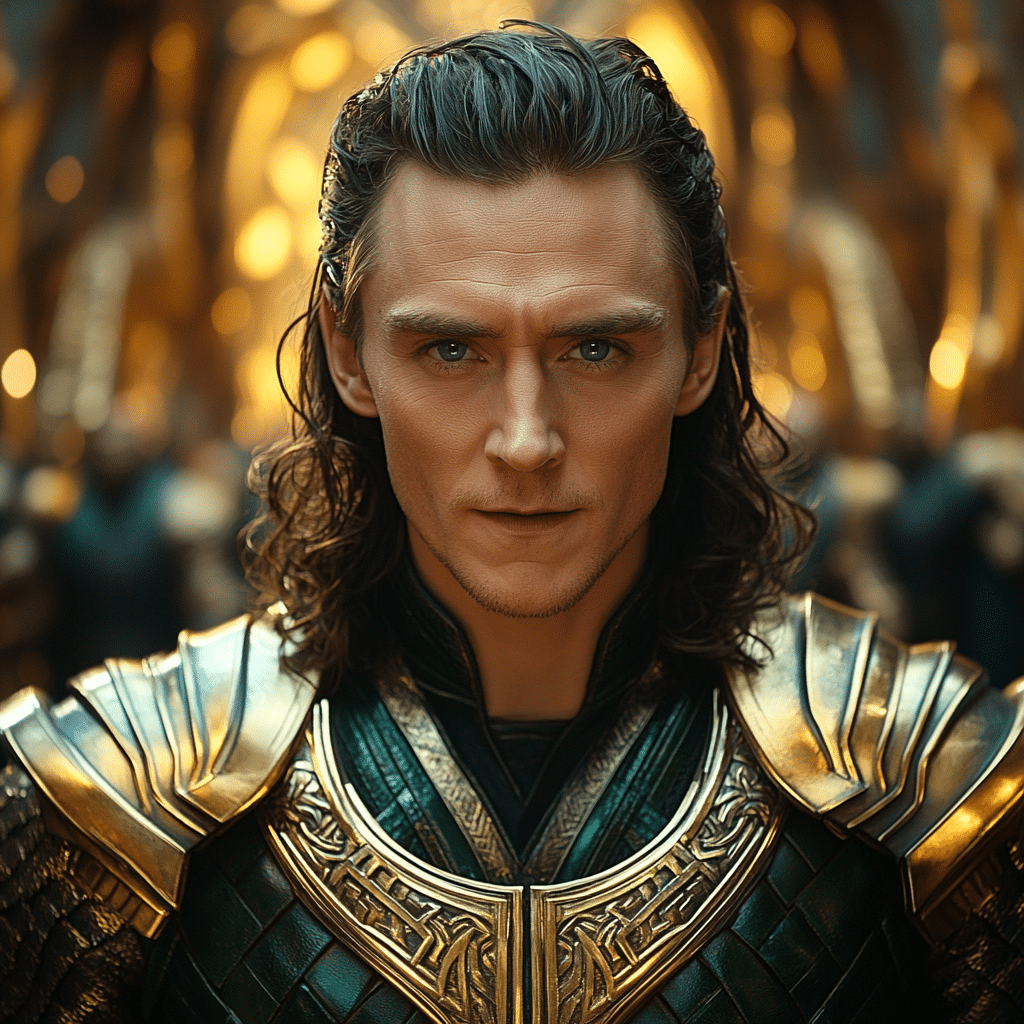
2. Key Themes Explored in the Loki Season 2 Finale
Diving into the Loki Season 2 finale explained reveals rich themes regarding identity, free will, and the nature of reality. Grab your popcorn—here are some key threads that emerge from the finale!
A. The Nature of Free Will vs. Predestination
The evolution of Loki challenges long-held beliefs about destiny in the multiverse. The finale puts free will and predetermination into a cosmic tug-of-war, much like age-old philosophical debates. Ever heard of existentialism? Think Sartre—he’d have a field day with this. Yet, the finale dabbles into determinism with those multiple Kangs, showing that maybe your choices aren’t always yours to make. The tugging emotional conflict makes for a captivating viewing experience.
B. Redemption and Forgiveness
Let’s chat about redemption, shall we? Loki’s journey is littered with backstabs (literally!) and messy entanglements. But, surprisingly, the finale brings a sweet message—the possibility of redemption. The dynamics between Loki, Mobius, and Sylvie highlight this potential for forgiveness, reminding us of Shakespearean dramas where love often triumphed over betrayal. Who knew the trickster god could open our hearts like that?
C. The Power of Storytelling
As Loki steps into his role as the God of Stories, his responsibility expands beyond his ego to impact the multiverse. This shift in narrative perspective carries profound implications, from comic books to big-screen adaptations. More than just superheroes saving the day, Isn’t it fascinating how modern media shapes cultural stories? The storytelling mantle in the finale hints at a potential evolution in how we engage with tales and characters, akin to pioneers like Oprah Winfrey who masterfully weave narratives that resonate with audiences everywhere.
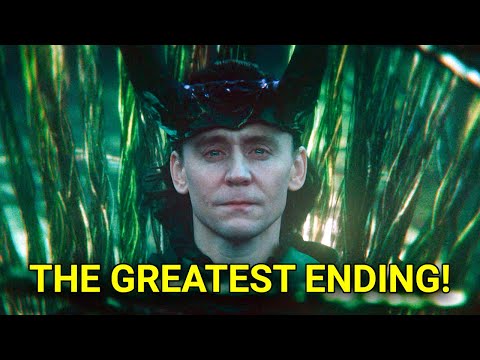
3. Implications for the Marvel Cinematic Universe
Loki’s ascension has significant ramifications for the Marvel Cinematic Universe (MCU). What does this mean for the future? Let’s break it down!
A. New Directions for Future MCU Projects
With Loki now wielding power as the God of Stories, we can only imagine how this will impact upcoming MCU films and series. Will he be guiding new heroes in their journeys? Will the timelines spiral out of control? With potential storylines involving new characters and multiversal conflicts on the horizon, the possibilities seem endless as we venture into Phase Five. Just like a card game in World Solitaire, the stakes are high, and each move will count.
B. Legacy and Cultural Impact
Loki’s transformation raises thought-provoking discussions about moral responsibility in the superhero genre. It signals a shift from simple good-vs-evil narratives toward deeper examinations of character flaws and complex dilemmas. A trend we’re seeing more and more in today’s storytelling landscape—think The Boys or WandaVision. These narratives draw audiences eager for stories that echo real-world struggles and moral complexities, much like the realities explored in Slaithwaite and Khan Baba.
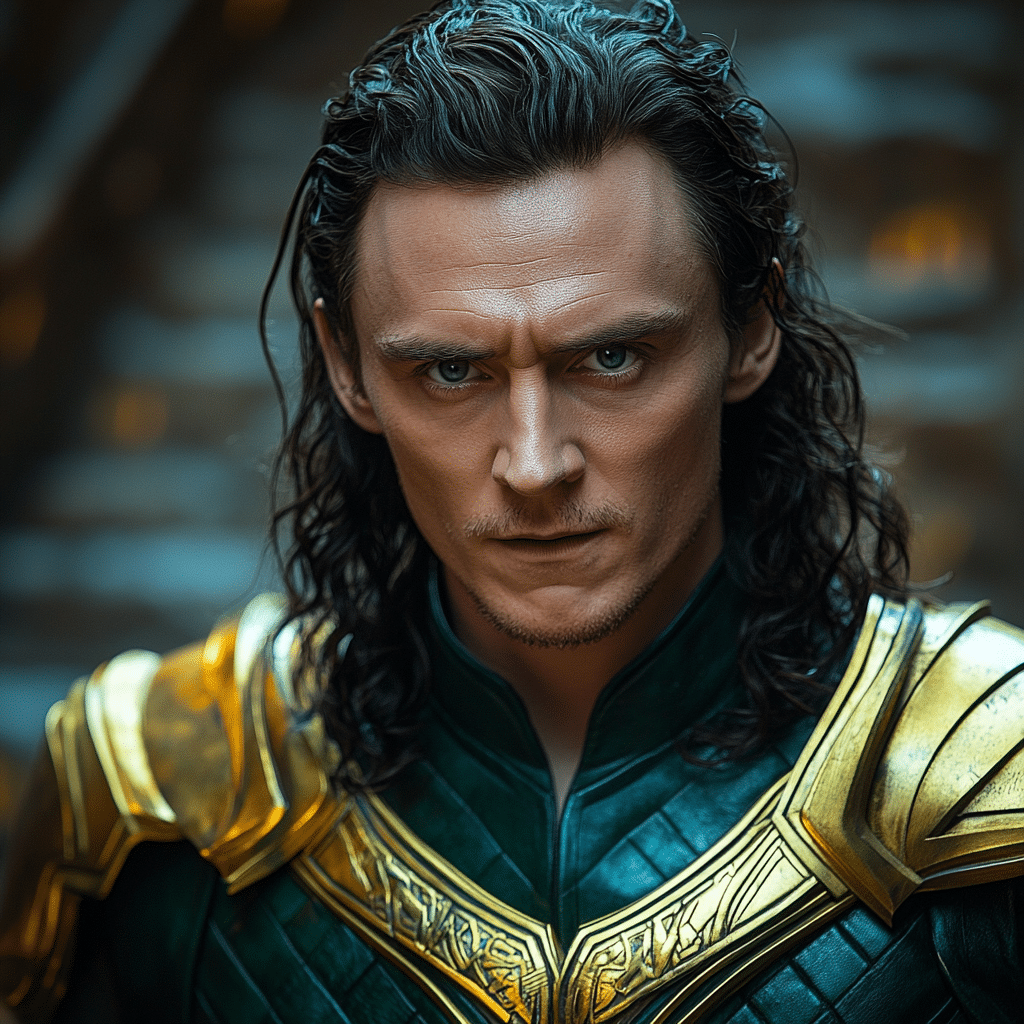
The Future of Loki and the MCU
Reflecting on the Loki Season 2 finale explained reveals its depth outweighs just Loki’s arc; it highlights the revolutionary nature of storytelling in the broader Marvel Universe. By stepping into the role of the God of Stories, Loki reshapes not only his fate but prepares the MCU for richer narrative experiences.
The finale could serve as a catalyst for stories that challenge our perceptions, allowing audiences to dive into more multi-faceted characters and their journeys toward self-discovery. And while rumors of a third season seem unlikely, it’s not entirely off the table yet. With multiple Kangs still lurking in the multiverse, who wouldn’t want to see Loki tackle his newfound powers? The audience awaits the next chapter in this sprawling, interconnected saga where reality, myth, and story blend seamlessly.
Until then, let these themes marinate as we eagerly anticipate what cosmic conundrums Loki will face next, whether sitting on his new throne, like a true god, or spurring us onto more mind-bending adventures! So, here’s to Loki and his tales yet untold—get your popcorn ready, it’ll be a ride!
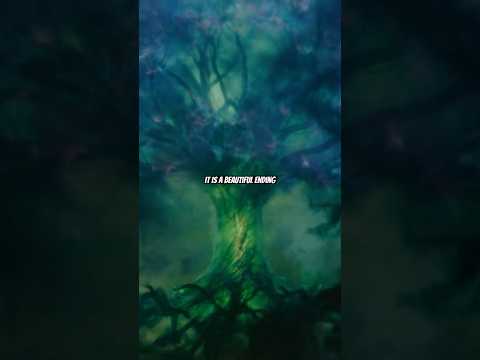
Loki Season 2 Finale Explained: Is Loki Now the God of Stories?
The Grand Unraveling
The finale of Loki Season 2 has left fans buzzing about the implications of Loki’s transformation. With the multiverse at stake, Loki’s ascension to the title of God of Stories makes you wonder—what does that really mean? As we plunge into the depths of this layered narrative, it’s interesting to note that the series has skillfully blended humor and drama. The witty banter between characters gives the show its charm, reminiscent of classic duos like Peter Gunz and make-believe legends. Just like in everyday storytelling, even the most whimsical tales can sometimes hold deeper meanings, and Loki’s journey epitomizes that.
Fun Facts and Trivia
Here’s a juicy tidbit: did you know that the show plays with the concept of storytelling just like how financial assistance For Rehab topics are addressed in real life? It highlights that every hero or villain’s journey often comes with indispensable support systems. On a lighter note, everyone loves a surprise guest, and if you blinked, you might’ve missed the homage to the original series character, Kiami Davael, who pops up in a blink-and-you’ll-miss-it moment! It’s especially delightful for longtime fans who recall Davael’s earlier work—talk about a blast from the past!
Behind the Scenes Magic
Now for a more behind-the-curtain moment: the final episode is filled with Easter eggs that tie back to previous seasons and even broader Marvel lore. The influence of well-known figures like Lisa Ann russell can be felt through the strong performances and inventive storytelling. And just when you think you’ve caught all the yarns they’ve spun, there’s a plot twist waiting in the wings. It’s almost like Kris Murrells approach to filmmaking, where every frame screams intentionality. So, as we dive into this narrative, remember that Loki’s story is not just about chaos; it’s about weaving a tapestry that celebrates the art of storytelling itself and revels in the chaos of life.
Overall, the Loki season 2 finale explained leaves fans contemplating their own storytelling journeys while connecting lore, humor, and reality in unexpected ways. So, is Loki indeed the God of Stories? It seems we might have to stick around for more adventures to find out!
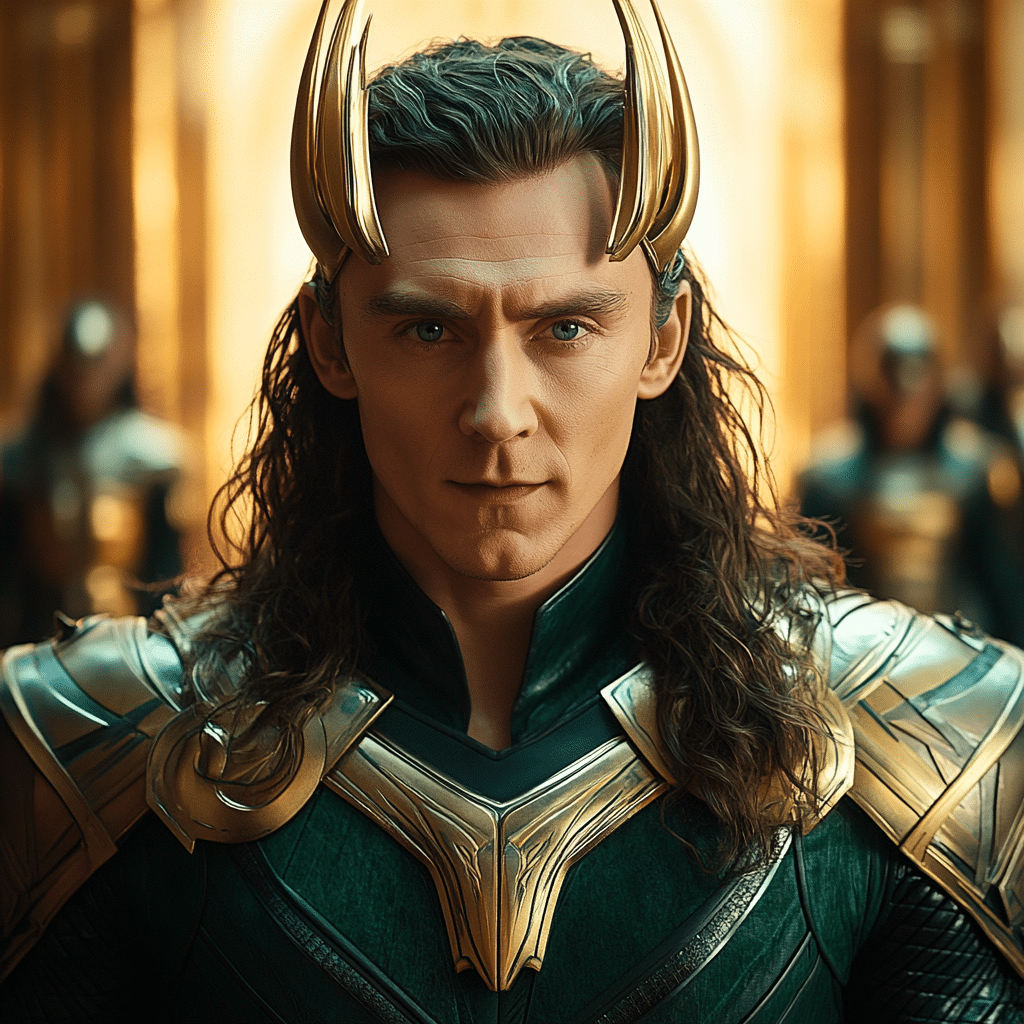
What did the end of Loki season 2 mean?
The end of Loki season 2 shows Loki becoming the God of Stories, transforming into a living Temporal Loom that holds the multiverse together like a tree, with him at the center. This means he’s now vital to the structure and balance of time and multiple realities.
What does the end of Loki mean for Kang?
At the conclusion of Loki, it’s clear that while there are various Kang versions lurking out there, they’re being kept in check and don’t really know about the Time Variance Authority (TVA). This adds complexity to the overall narrative around Kang, especially with what’s shown in Quantumania where Kang variants are clashing.
Will there be Loki season 3?
A third season of Loki seems unlikely right now, but it’s not completely off the table either. The door’s still open, but fans shouldn’t hold their breath just yet.
Did Loki become Yggdrasil?
Yes, in the season 2 finale, Loki embodies Yggdrasil, the tree from Norse mythology. It connects all Nine Realms and represents the cycle of life and death, highlighting his new role.
Is the Kang in Loki the same Kang in Ant Man?
The version of Kang in Loki is connected to the same Kang from Ant-Man, but there are multiple Kang variants across the multiverse, which can lead to different outcomes and personalities for each.
Can someone explain the ending of Loki?
The ending of Loki ties up a lot, but it’s intentionally complex. Loki’s journey culminates in him becoming a key player in time’s flow, while the multiverse expands, leaving some threads for future storytelling.
Is Loki season 2 pointless?
Loki season 2 definitely has its purpose. It delves deeper into character arcs and lays the groundwork for the multiverse, even if it feels like a twisty ride to get there.
Why is Kang afraid of Loki?
Kang’s apprehension toward Loki likely stems from Loki’s unique ability to manipulate timelines and create chaos, posing a potential threat to Kang’s plans for multiversal control.
Is Victor Timely He Who Remains?
Victor Timely is a variant of He Who Remains, a version of Kang. He brings his own spin and strategies to the table, contributing to the overall mystery of Kang’s character.
Is Sylvie the new Loki?
Sylvie isn’t exactly the new Loki, but she does take on a significant role in the story. She’s her own character with her own motivations, even if they share some similarities.
Will Loki return in Avengers: Kang Dynasty?
While it hasn’t been confirmed, there’s a good chance Loki will return in Avengers: Kang Dynasty, considering he’s central to many of the threads being woven in the Marvel universe.
Is Loki trapped forever?
Loki isn’t trapped forever; he’s in a complex situation where he’s tied to the multiverse, and his role is crucial in maintaining balance, but there’s always room for freedom or change.
Why did Odin hang himself on Yggdrasil?
Odin hung himself on Yggdrasil as part of a quest for wisdom and enlightenment, symbolizing his own sacrifice to gain knowledge and deeper understanding of existence.
What god is Loki now?
Loki is now the God of Stories, embodying a role that grants him authority over narratives and the fabric of reality itself in this new multiverse setup.
Is groot part of Yggdrasil?
Groot isn’t part of Yggdrasil in a direct sense; he’s a character from another part of the Marvel universe. Yggdrasil serves more as a mythological concept in the Loki/story context.
What was Kangs plan in Loki?
Kang’s plan in Loki revolved around controlling the timeline to prevent chaos, which included managing variants and keeping himself in a position of power within the multiverse.
Why did Kang pave the way for Loki?
Kang likely paved the way for Loki to take on this new role because he recognizes Loki’s potential to control or influence the narrative, which helps Kang’s overall strategy of managing the timelines.
What happened to Kang at the end of Quantumania?
At the end of Quantumania, Kang faces significant defeat and is left in a precarious position, unable to fully coordinate his plans as various versions of him run amok across the multiverse.
What is the connection between Loki and Quantumania?
The connection between Loki and Quantumania lies in the shared themes of the multiverse and Kang’s character. Both stories explore the complexity of time and reality’s fabric, linking their narratives.
What did Renslayer see at the end of Loki season 2?
At the end of Loki season 2, Renslayer sees a glimpse into the branching timelines and the potential for her own place within that multiverse, opening up new possibilities for her character.
What is the tree at the end of Loki season 2?
The tree at the end of Loki season 2 represents Yggdrasil and serves as a metaphor for the multiverse structure, showing the interconnectedness and complexity of all realities.
What did Sylvie do at the end of Loki episode 2?
At the end of episode 2, Sylvie makes a significant choice to branch off from Loki’s narrative, taking her own path and shaking up the status quo of their relationship and the timeline.
Why is Loki alive at the end of Thor 2?
Loki’s alive at the end of Thor 2 due to his cleverness and resilience, which allow him to find a way to survive and continue his complicated journey within the Marvel universe.
